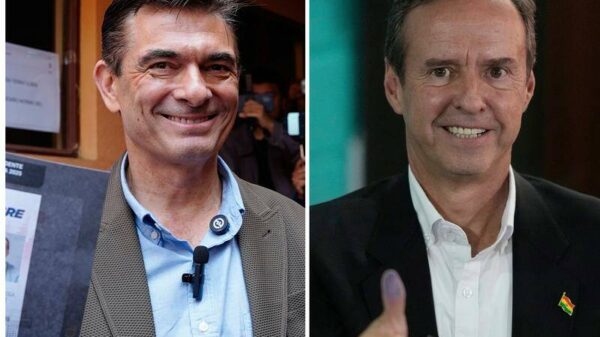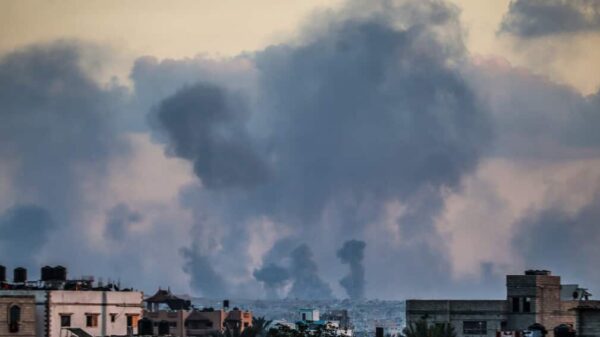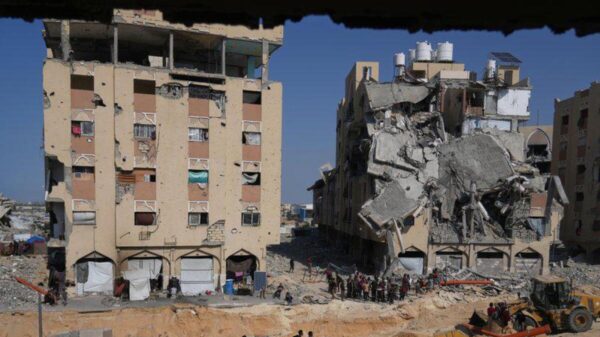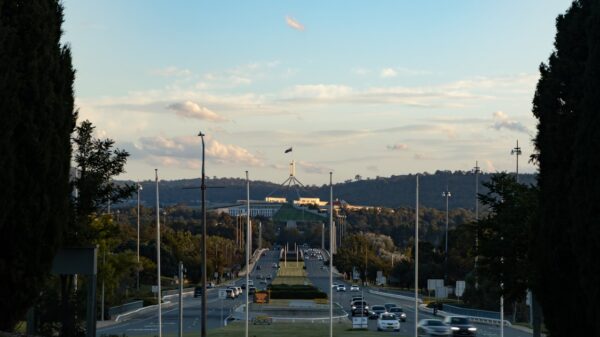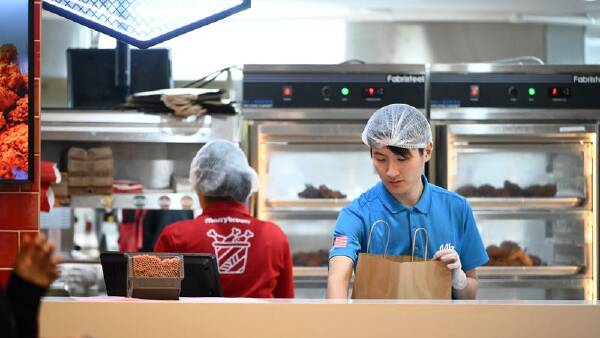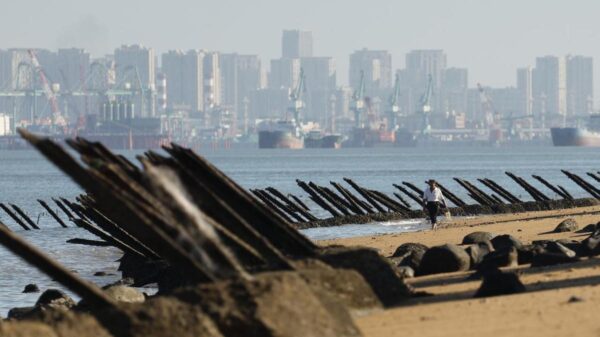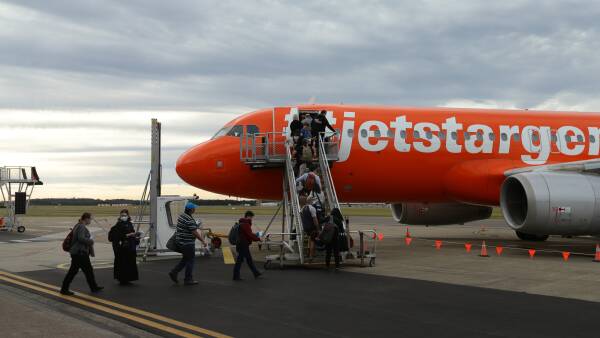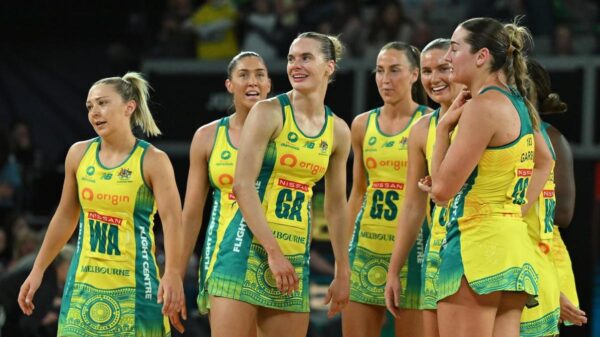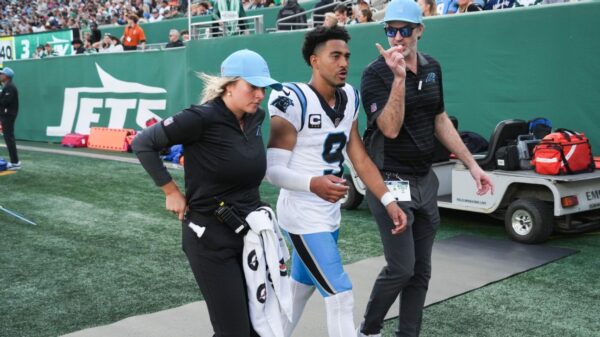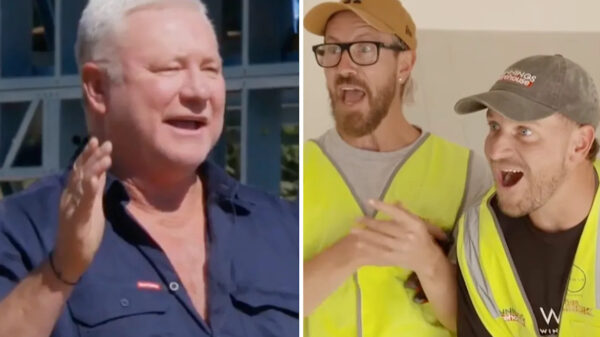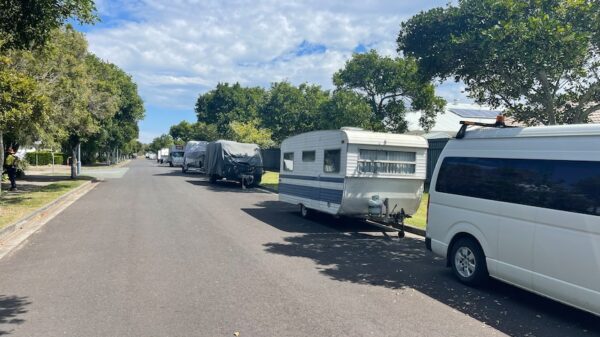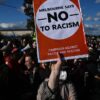Polls in Bolivia have closed following a presidential runoff that could mark a significant turning point in the country’s political landscape and foreign relations. The election has emerged as a decisive rejection of the socialist government that has been in power for nearly two decades, and it is likely to lead to a realignment of Bolivia’s ties with the United States.
Initial results of the election are expected after 12:00 PM AEDT. The runoff features centrist Senator Rodrigo Paz against conservative former president Jorge “Tuto” Quiroga. Both candidates have committed to strengthening diplomatic relations with the United States, which have been strained since 2009, and are seeking financial support to stabilize Bolivia’s fragile economy.
Shifting Political Landscape
This election, which pits two pro-market candidates from privileged backgrounds against each other, signifies a major shift for Bolivia. The country has been under the dominance of the leftist Movement to Socialism party, founded by former leader Evo Morales, who was Bolivia’s first Indigenous president. Morales, who took office in 2006, emphasized alliances with countries like Cuba, Venezuela, and Russia while nationalizing the oil and gas sectors.
According to the Organisation of American States (OAS), electoral observers reported that the voting process on Sunday proceeded without any major issues. The winner of this runoff is set to take office on November 8.
Analyst Glaeldys Gonzalez Calanche from the International Crisis Group noted, “This election marks a political turning point.” She emphasized that regardless of which candidate emerges victorious, “Bolivia is heading in a new direction.”
Quiroga has promised “radical change,” which includes significant cuts to public spending and the potential closure or privatization of loss-making state-owned enterprises. In contrast, Paz advocates for a more gradual approach, aiming to maintain social programs for the poor while fostering growth in the private sector.
Economic Challenges and Promises
Recent opinion polls indicate that Quiroga holds a narrow lead over Paz. A September Ipsos survey showed him at 47 percent support compared to Paz’s 39 percent, although Paz had exceeded expectations in the first round of voting held in August.
In late September, Paz announced plans for an economic cooperation deal worth $1.5 billion with US officials to ensure steady fuel supplies, while Quiroga is advocating for a more ambitious $12 billion international bailout supported by multilateral lenders. The urgency for economic reform is underscored by an alarming inflation rate that has surged to 23 percent since the beginning of the year. Additionally, shortages of fuel and US dollars have severely impacted consumer demand.
Natural gas exports, once the backbone of Bolivia’s economy, have drastically declined, putting pressure on the boliviano currency and complicating fuel imports. The outcomes of this election could set the course for Bolivia’s future, as both candidates seek to navigate these pressing economic challenges while redefining the nation’s international relationships.






